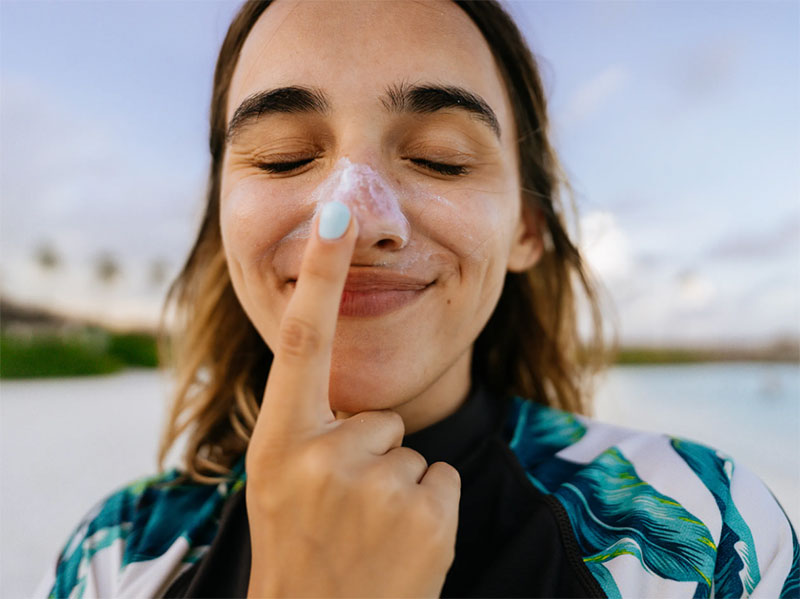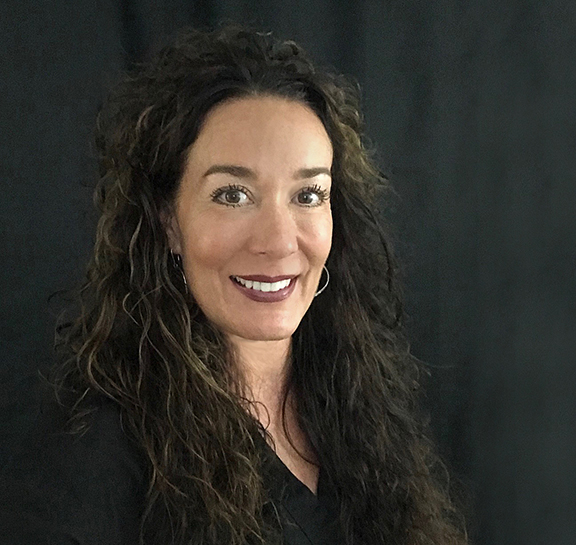Your skin is the largest organ protecting your body and is the most exposed to environmental elements.
This is why skin cancer is the most common type of cancer in the US. An estimated 9,500 people are diagnosed with skin cancer every day.
So, the big question is how can you prevent it? One way is sunscreen.
Using sunscreen significantly reduces the risk of developing skin cancer. Sunscreen contains filters that reflect, scatter or absorb UV radiation to prevent it from reaching your skin. Sunscreens are categorized as chemical or physical.
The key difference between these types of sunscreens lies in how they block rays. Physical (mineral) sunscreens sit on the surface of your skin and act as a shield, while chemical sunscreens sink into your skin and act more like a sponge.
Physical Sunscreen
Physical sunscreens, more commonly known as mineral sunscreens, work by creating a physical barrier on the skin that shields it from the sun’s rays. These sunscreens deliver broad-spectrum protection by reflecting UV radiation away from your skin. They also help ward off UVA-related skin damage, including hyperpigmentation and wrinkles.
Mineral sunscreens can also help block UVA rays that come through windows, which can cause pigmentation and breakdown of collagen. That’s why it’s important to wear sunscreen every day, even if you don’t plan to go outside.
Most mineral sunscreens are formulated with zinc oxide and titanium oxide, two ingredients recognized as safe and effective by the Food and Drug Administration (FDA).
Chemical Sunscreen
Chemical sunscreens don’t sit on the skin or block rays. Instead, they feature active ingredients that absorb UV rays before your skin can soak them up. In most cases, chemical sunscreens do not leave a visible film layer on the skin, which makes them easier to wear on a broader range of skin tones.
Are chemical sunscreens safe? Much of the debate about chemical sunscreens relates to the ingredients themselves. The same ingredients that absorb so well may pose health concerns.

What's Right for Me?
Which sunscreen is right for YOUR skin? Here at BodyLab we recommend the safest and most effective type – physical sunscreens. Physical sunscreens have all the protective ingredients you need to reflect UV rays. We recommend Essential Daily SPF 30 moisturizers for all skin types. New technology protects skin from future damage with the latest generation of peptides, that are also reef safe.
Or try an all-in-one beauty revolution, BB cream, as your must-have daily product. This flawless foundation acts as both a moisturizer and concealer, providing SPF 30 protection in the process.
Contact us at BodyLab Med Spa to learn more about sunscreen and our specialized clinical skin care for any age.

